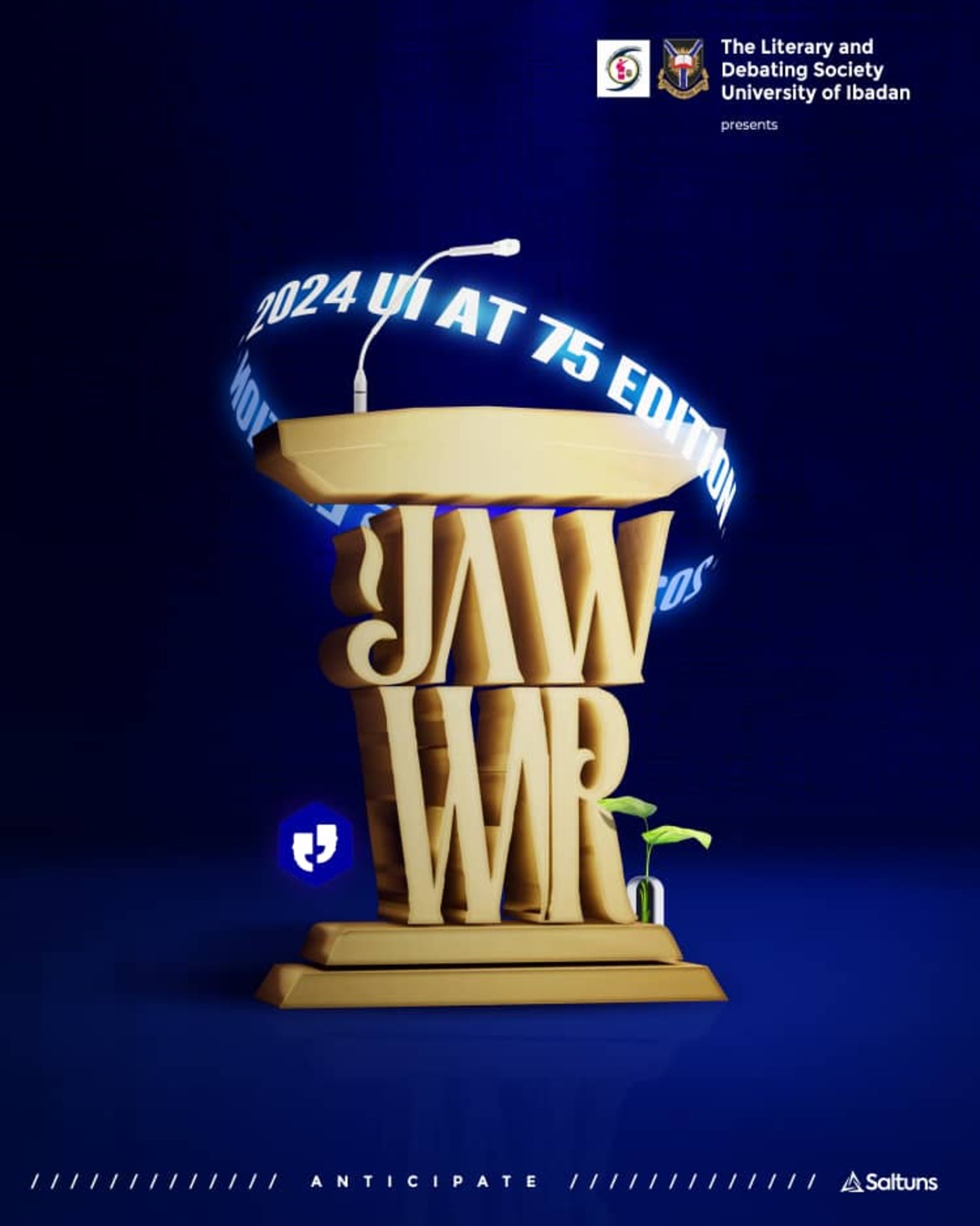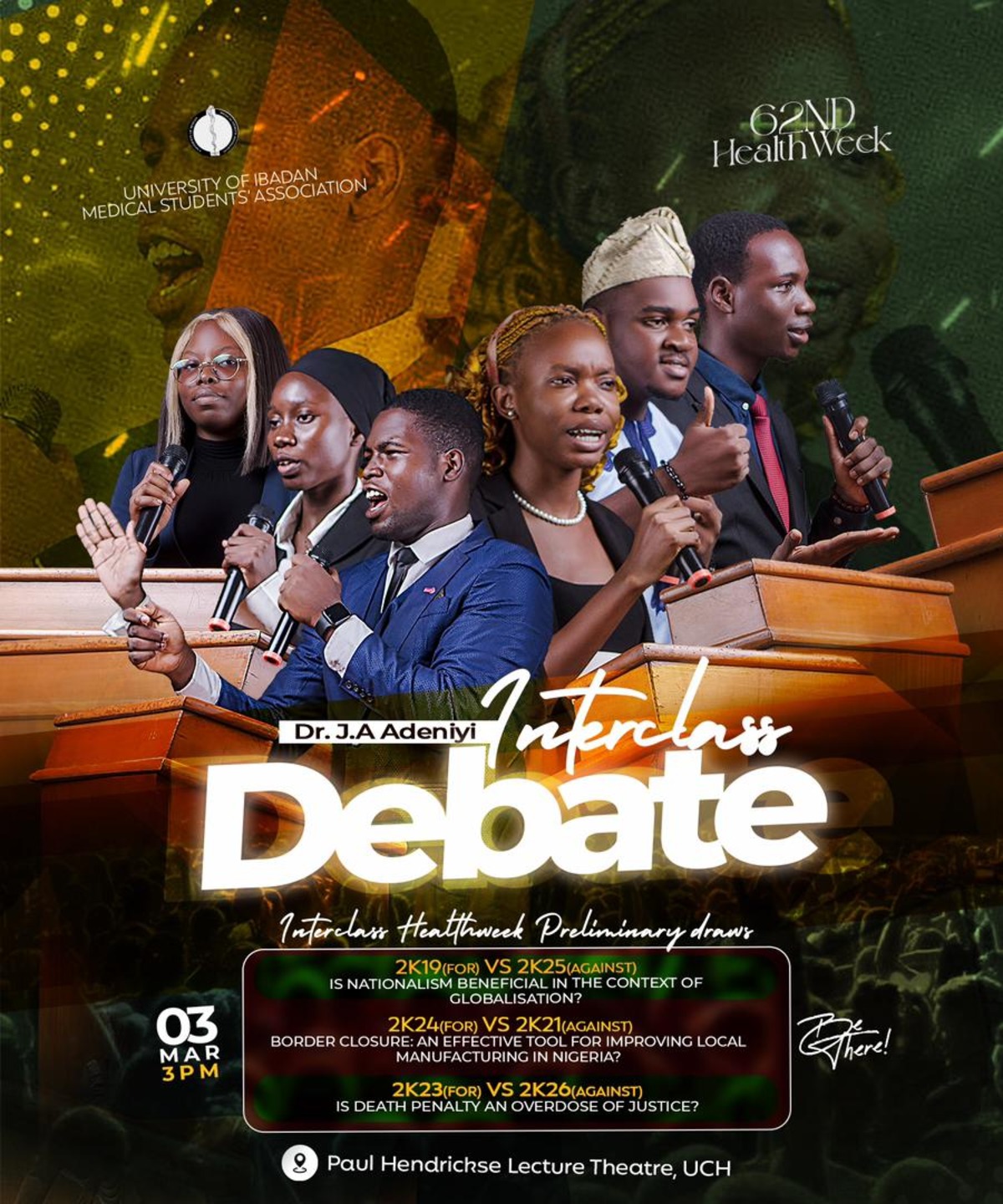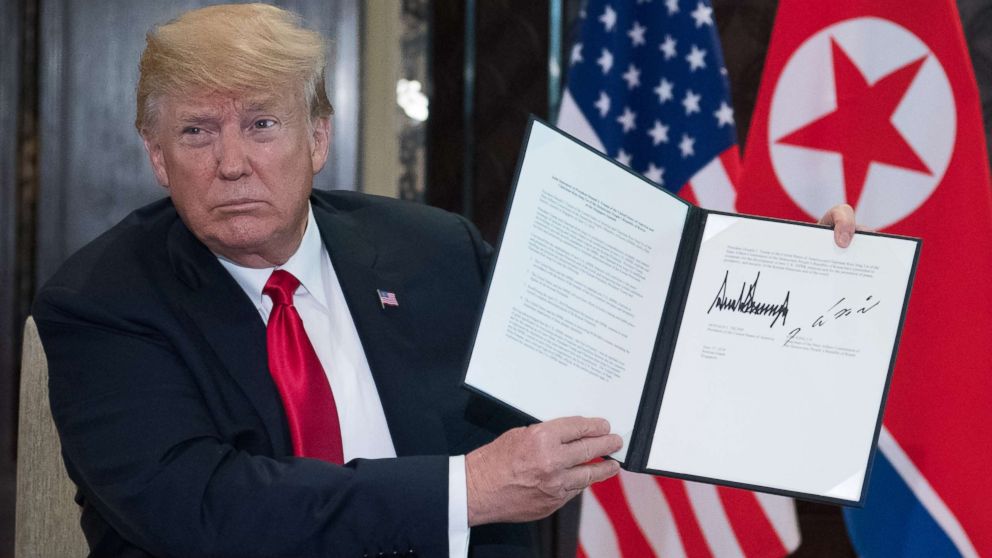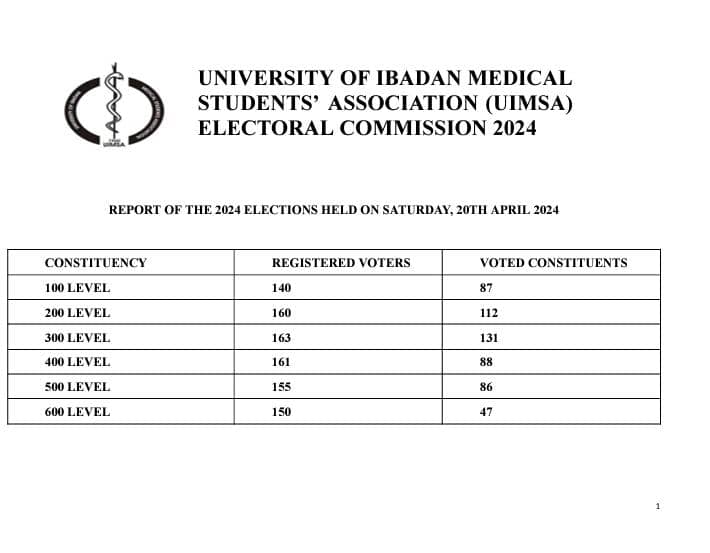Jaw War: The Elephant in The Room

The University of Ibadan hosts a lot of events, especially in the second semester. But the biggest of all these events isn’t the gyration hosted by the Student Union or the concerts where they invite known artists to perform. The biggest of all these events is the one hosted by The Literary and Debating Society, University of Ibadan, TLDS UI: Jaw War. Jaw War which has recently been dubbed as the biggest public speaking event in Sub-Saharan Africa is a debating and public speaking competition in two categories: the hall category and the faculty category.
Jaw War 2024 started on the 30th of January, 2024 with the opening ceremony and the first leg of the preliminary round of the hall category of debate. There are 10 registered halls for the competition and all these halls participated in the round. Of course, some lost and others won. The opening ceremony proved one thing: that the most amazing thing about Jaw War is the most annoying thing about Jaw War.
In his opening speech, The Literary and Debating Society TLDS UI President, Aweda Bolaji, mentioned that there would be no event without the audience. This is the truest statement that has been uttered on the Jaw War podium since the beginning of the 2024 rounds of debate. The previous rounds which have been hosted in technology NFLT and Social Sciences NFLT saw the biggest and loudest audience any event can pull in the university. One cannot help but wonder how Jaw War continues to consistently pull this crowd. There are several postulates but I propose that it is the fact that the single event caters to several sects of students within the school at once; the person who wants to debate, the person who wants to listen to debates, the student who wants to shout, the one who is there for banters, the one who is there to find love – every single student is entertained.
If you were passing by the New Faculty Lecture Theater, Faculty of Technology (NFLT) or Social Sciences Lecture Theater on a typical Jaw War evening, you will most definitely hear the very loud cheers of the excited audience. If you, a random passerby, can hear this noise just from passing along the venue, what can the audience in the hall hear? Or rather, if these cheers happen during the speaker’s speech which is rare but real, can the speakers hear themselves over this? The judges had identified the high likelihood of this and suggested that the audience snap their fingers if they wanted to cheer during the speakers’ speeches. As wonderful as this suggestion is, the audience hardly ever abides by it. I mean, why should they, since the cheers interrupting speeches prove they are being persuaded?
“Snap your fingers if you are pleased by what the speaker is saying” but what should you do when you are displeased by it? Nothing, sit through it. But the Jaw War audience does otherwise. During the previous rounds of the 2024 edition of Jaw War, we’ve witnessed audiences shouting “NO NO NO NO…” loudly while their opponents speak or grumbling and talking loudly because a speaker has stuttered or outrightly “booing” their opponents during their speeches as observed during the preliminary round between Social Sciences and Pharmacy on the 1st of February. It takes a lot of guts to climb on that stage and a lot of preparation goes into the five minutes or three minutes that they would spend speaking. I dare say that most of the people in the audience can not achieve that feat. That’s reason enough for them to be silent while a debate round is going on and pretend to be listening, even when they are not.
I am willing to bet a penny, or let’s make it two, that if you ask a member of the audience during any of the rounds what was debated and the arguments raised by both sides, only 3 out of 10 of the audience would be able to answer this question truthfully. Can Jaw War then be said to have achieved its aim? But they’ll remember the punchlines or the bants included in the speech.
Here’s the thing with punchlines: they may dilute the quality of the speeches. “You know I am right, I know I am right, you know I know I am right, I know you know I am right, I know you know I know I am right”. I salute the creativity of all the speech writers and agree that these punchlines help establish communication with the audience but at what cost? At the cost of producing punchline-filled speeches at the biggest public speaking event in Africa?
The widest margin we have witnessed in this year’s edition of Jaw War is the 19 points between Queen Idia Hall and Kenneth Mellanby Hall. This is a very great outlier. The usual margin between the winning or losing team is, on average, not more than 5. At the beginning of each debate round, the Chief Judge rises to announce their marking criteria: Content and facts – 30, Appearance – 5, Time management – 5, Delivery – 20, Logic – 10, Refutation – 10, Structure and organisation – 10, Persuasiveness – 10. Persuasion carries a whopping 10 marks. So it is sometimes the difference between two opposing teams. How then is persuasion scored?
What is Persuasion? According to Britannica, Persuasion is the process by which a person’s attitudes or behaviour are, without duress, influenced by communications from other people. So it is either of two things, persuasion is scored based on how convinced the judges are or on how convinced the audience is. I speculated deeply on this and finally on the 8th of February during the faculty quarter finals round, I got my answer. The Chief Judge for the round, Dr David Adeoye admitted “You see this persuasiveness, hello, we sincerely speaking don’t judge the speaker at that very time, we listen to the audience. So the speaker might have 10 whole marks or not more than 50%. … and then the truth of the matter is almost a thousand can not lie, that’s where we judge persuasiveness from.” Jaw War persuasion is judged by how well your arguments resonate with the audience. That is just big grammar for how loud the audience is during your speeches. The one thing known to get a reaction from the audience is either the call-and-replies or the punchlines. Some have even derived an equation for it: more punchlines = more noise = a persuaded audience = 10 marks for persuasion. This is a good time to repeat that punchlines may dilute the quality of the speeches. A not-so-random question to the Jaw War debaters, would you ever choose to do a speech without punchlines knowing fully well that this scoring criterion exists?
While the audience constitutes a large percentage of the peculiarities of Jaw War, there’s one other issue that I have taken it upon myself to address. The issue with time. During this year’s Jaw War, no event has started at exactly the time it was slated for. You can almost conclude that it is a punishable offence if the event does not start at least 2 hours later than it was supposed to. This saw a lot of students who lived in the female hostels getting back to their hostels just in the nick of time, or even later. During the preliminary rounds, it also deprived speakers of the judges’ feedback which is crucial to their growth as debaters. Thankfully, the rounds are now shorter due to the exit of some halls from the competition, so the feedback has resumed. The rounds do not conclude till way after 9:00 pm though.
I do not come bearing solutions to the issues I have raised. All I have done is speak for one section of the audience. These issues do need to be addressed as quickly as possible so we can have better competition. There is no Jaw War without the audience. Without Jaw War, we wouldn’t see such a huge gathering of UI students. So we have to make it work. As members of the audience, we should endeavour to be as civilised as possible. We should snap our fingers when the speeches resonate with us. It takes a collective effort to make this change but it starts with every individual. Let us stand up and speak up as calmly as possible so we may follow the arguments raised by each debater.



